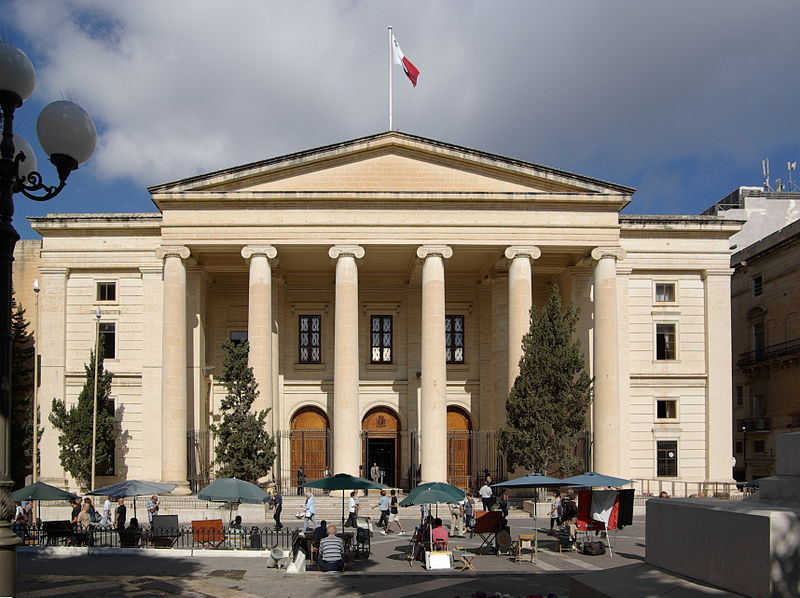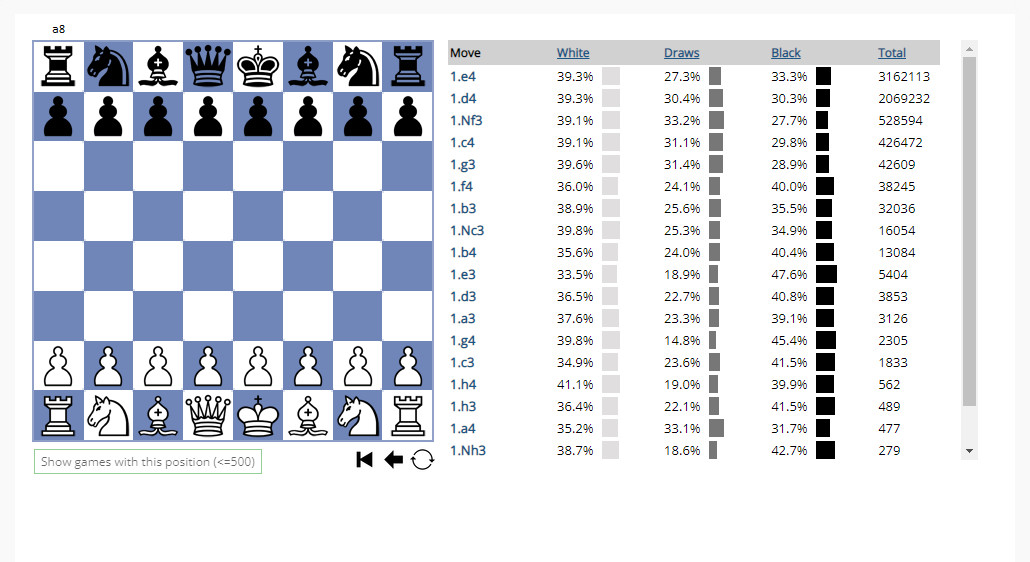These libel judgments are a human rights massacre - Giovanni Bonello
Every local case examined by the ECHR was rubbished. Every single one.
=== ¤ ¤ ¤ ¤ ¤ ¤ ¤ ¤ ¤ ¤ ¤ ¤ ¤ ¤ ¤ ¤ ¤ ¤ ¤ ¤ ¤ ¤ ¤ ¤ ¤ ¤ ¤ ¤ ¤ ¤ ¤ ¤ ¤ ¤ ¤ ¤ ¤ ¤ ¤ ¤ ¤ ¤ ¤ ===
I feel I have the duty to share with my readers some devastating news about libel judgments in Malta. A few luckless victims of the absurdities that the Maltese judiciary believe go towards the “protection of their reputation” took their complaints to the supranational European Court of Human Rights (ECHR).
Most of these cases were “political”. In fact, only one could be classified as politically neutral.
All the Maltese judgments that were re-examined on the merits by the ECHR were rubbished by the supranational court. All – every one of them – without a single exception.
For a libel case from Malta to reach the ECHR, it must first go through four levels of courts in Malta.
So, if six libel cases have reached the ECHR, 24 Maltese courts in all must first have passed judgment on the issues. The supranational court found that, of 24 Maltese courts, not one had got it right.
Twenty four out of 24 Maltese courts were humbled and trashed in Europe. Twenty-four Maltese courts out of 24 had rooted for and rewarded those who violated the fundamental right of freedom of expression. They had further victimised the victim of the violation.
Now that’s very comforting, isn’t it, having the courts of law unfailingly side with the predator and against the victim.
In the ‘political’ libel cases, 20 judgments were delivered by the Maltese courts. In 20 out of 20 of these Maltese judgments, 20 courts sided with the Labour side and punished the non-Labour defendant. But that, you will all agree, must have been pure coincidence, was it not? All these ‘pro-Labour’ Maltese judgments were found to be legal nonsense by the supranational court.
Not one of those Maltese judgments was confirmed or found justifiable by international human rights standards. Those judgments were no doubt deemed good enough for Malta, but they were worse than garbage on the world stage. The ECHR did not have a skip large enough to contain them.
In all, I believe some 36 or more Maltese judges and magistrates took part in this human rights massacre. About 36 members of the Maltese judiciary in all decided these cases later referred to the ECHR. Not one of these 36 got it right.
All showed an admirable consistency: they all sided with the human rights predator. They all left the victim unprotected. Not one of them wanted to be accused of being out of step. No greater fear among them than being suspected of upholding human rights. They all achieved the most admirable unanimity in error.
This dismal, no, read shameful, scenario only reflects the relatively small number of Maltese libel cases that actually reached the ECHR. After four levels of judicial proceedings in Malta, after years of toing and froing to the courts, after crippling legal costs and fees, most defendants are usually too drained, too dispirited, too disenchanted with the court system to even contemplate reliving their calvary in a fifth court in distant Europe.
And that’s where the lucky star of the Maltese judiciary shines brighter.
My (rather educated) guess is that if more Maltese defendants had to take their libel grievances to the supranational court, these already joyless statistics certifying the Maltese courts’ insensitivity (or is it hostility?) to human rights values, would soar exponentially.
=== ¤ ¤ ¤ ¤ ¤ ¤ ¤ ¤ ¤ ¤ ¤ ¤ ¤ ¤ ¤ ¤ ¤ ¤ ¤ ¤ ¤ ¤ ¤ ¤ ¤ ¤ ¤ ¤ ¤ ¤ ¤ ¤ ¤ ¤ ¤ ¤ ¤ ¤ ¤ ¤ ¤ ¤ ¤ ===
The above was penned by Dr Giovanni Bonello, and published in the Times of Malta on 1st February 2020. It is being reproduced here on account of its prevailing relevance to the local scene.
Giovanni Bonello served as judge at the European Court of Human Rights and is author of “Misunderstanding the Constitution – how the Maltese judiciary undermines human rights”.





